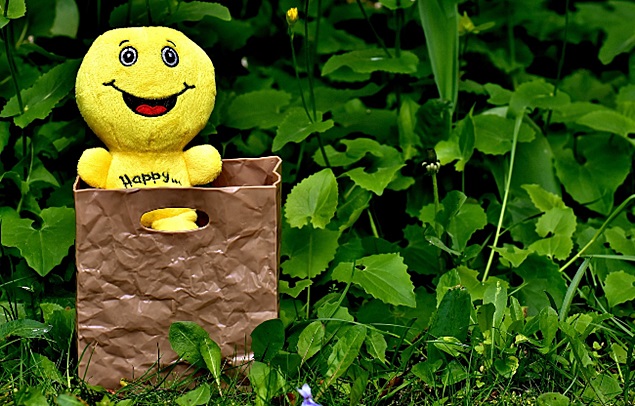1532

Food systems and supply chains can be confusing for consumers, often leaving them unsure about where their food comes from and its impact on the environment, reports FoodNavigator.
Inclusive Eating
Understanding the complexity of the food industry is crucial for food producers, but many consumers struggle to grasp exactly how their food is produced and the processes it goes through before reaching their local store or supermarket.
In response to this, a new campaign, appropriately named Inclusive Food, intervenes to help consumers engage with the food industry and dispel confusion.
The campaign, founded by researchers Dr. Anne Touboulic and Dr. Lucy McCarthy, also aims to promote broader participation in food systems and empower consumers to seek greater transparency about the origin of their food.
"We are active in a number of networks and work with a variety of different organizations to support a movement towards food systems that work better for people and nature," Dr. Anne Touboulic, a researcher at the University of Nottingham and co-founder of Inclusive Food, told FoodNavigator.
"This includes collaborating with Sustain as part of their Bridging the Gap campaign, as well as their work to become fair in farming with the Food Ethics Council. We work with local organizations and branches of national initiatives to drive change in our places, such as Fareshare and Himmah, Nottingham Youth Climate Assembly, and Nottingham Green Partnership."
"One of our main objectives is to make the information we gather as accessible to the public as possible and to combine our efforts to enable change on a larger scale."
Inclusive Food also works with producers, engaging with the farming community. "One of our main objectives is to make the information we gather as accessible to the public as possible and to combine our efforts to enable change on a larger scale," adds Dr. Touboulic.
How does the food industry harm the environment?
Food production accounts for over a quarter (26%) of global greenhouse gas emissions. And according to WWF, agriculture is the main source of pollution in most countries. It uses large amounts of water and land, employs chemical pesticides, which can contaminate soil and nearby water sources and can harm biodiversity.
It is also a crucial driver of climate change, accounting for approximately a quarter of the world's greenhouse gas emissions.
"Climate change means we need to rethink food systems. We have come to rely on extended food supply chains. In the UK, for example, we import a significant amount of food from locations that are already disproportionately affected by climate change, resulting in significant declines in food productivity.
For example, Spain produces most of the fruits and vegetables consumed throughout Europe, but it is already disrupted by changing weather patterns, and crop yields are estimated to decrease by another 15 - 30% as global temperatures rise," explains Dr. Lucy McCarthy, a researcher at the University of Bristol and co-founder of Inclusive Food.
Engaging consumers in the food industry and how can they help producers
Whether understanding the environmental impact of the food industry or the health benefits of certain types of food, there is increased interest in understanding where food comes from and what it contains.
The UK-based organization Sustain, which advocates for healthy and sustainable food systems, provides guidance to producers and consumers on all aspects of sustainability and sustainable practices, as well as providing economic and commercial information.
Producers and consumers can also connect with the Inclusive Food campaign, producers to understand more about the consumer perspective and consumers to understand how to approach food producers and get involved in food production.
"There are several levels at which citizens can engage, and perhaps the starting level is to reflect on where their food comes from. We see ourselves very much as researchers and activists and recognize that we have the privilege of being able to campaign to hold the government and corporations accountable, but also for better food systems for all. So we strive to do that wherever we can," Dr. Lucy McCarthy told FoodNavigator.
"Sometimes as citizens, we can feel powerless or unsure where to begin to drive change, and that's okay. A good place to start can be as simple as asking those important questions about what you eat and where it comes from."
Increasing awareness also provides a huge opportunity for food producers to interact with customers and get to know them better. Transparency will foster trust and could lead to customer loyalty, so it's worth the investment of time and effort. (Photo: Freepik)





